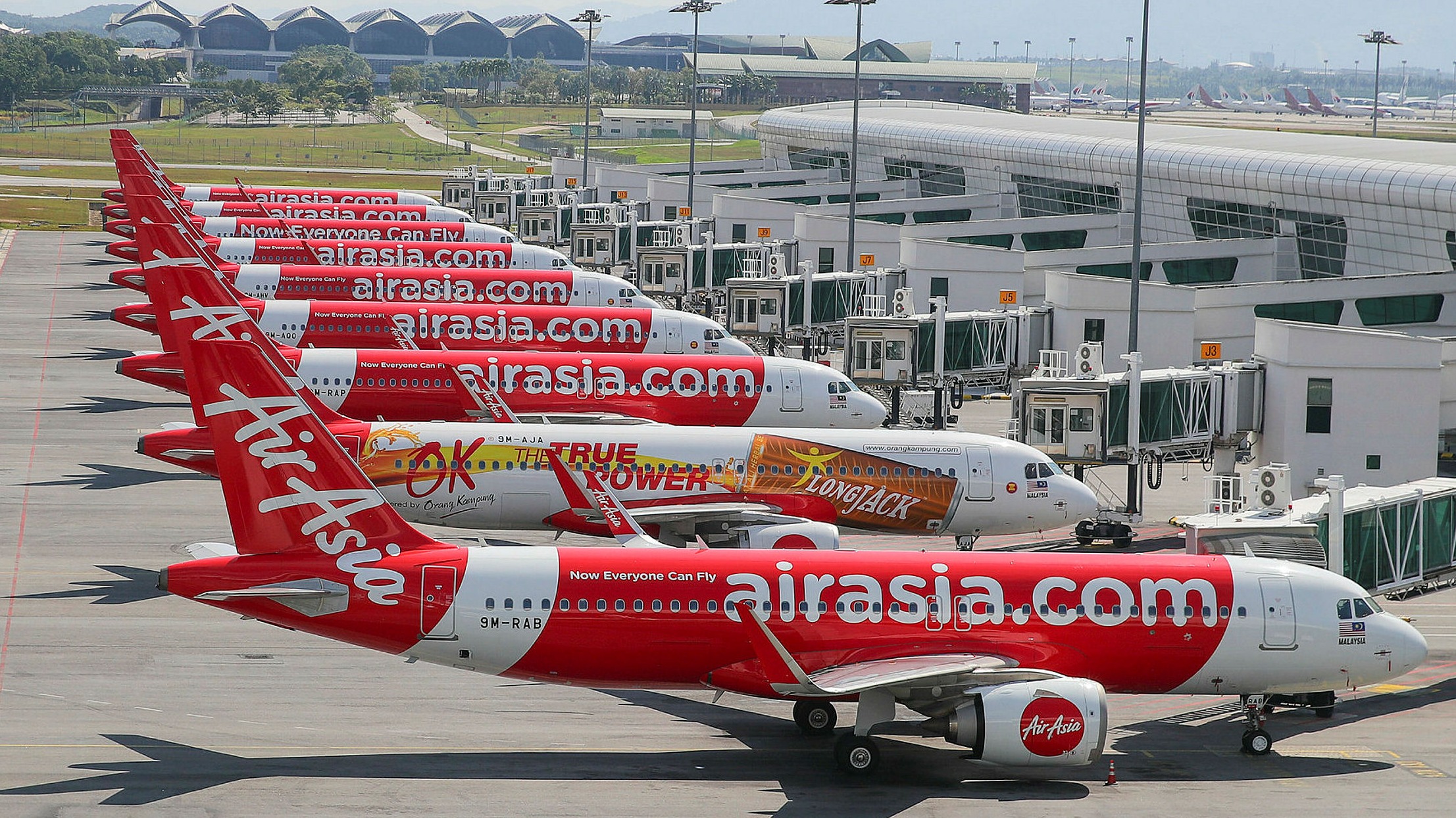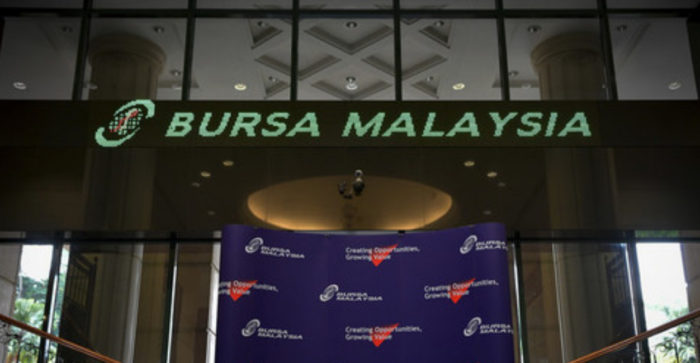IF 14 sen was not low enough, CGS-CIMB Research has further lowered AirAsia Group Bhd’s target price to 9 sen (with a “reduce” rating) on grounds that the budget carrier needs a gargantuan “maximum RM7.4 bil boost in its shareholders’ funds for a PN17 (Practice Note 17) uplift”.
“With paid-up share capital of RM8.5 bil as of Sept 30, 2021, this means that AirAsia Group will need a minimum shareholders’ equity of RM4.2 bil,” rationalised analyst Raymond Chong in a company update.
“By contrast, AirAsia Group had a negative shareholders’ funds position of RM3.2 bil as of Sept 30, 2022. Hence, in order to be uplifted from PN17, it will needs a RM7.4 bil boost to its shareholders’ funds on a proforma basis.
“The gap is a moving target; while RM197 mil (20%) of the RM975 mil RCUIDS (redeemable convertible unsecured Islamic debt securities) has been converted into new ordinary shares, ongoing business losses will almost certainly widen the gap.”
According to CGS-CIMB Research, the airline can choose a capital reduction path but even this is unlikely to eliminate the yawning gap.
“One of AirAsia Group’s options to reduce the gap which we had not mentioned in our Jan 17 note is for the company to obtain shareholders’ and court approval for a capital reduction,” the research house pointed out.
This means that RM5.8 bil of retained losses (as of Sept 30, 2021) can be offset against paid-up share capital of RM8.5 bil, leaving a residual paid-up share capital of RM2.7 bil. In this way, AirAsia Group will need to have shareholders’ funds of at least RM1.35 bil or ‘only’ a RM4.55 bil boost as of Sept 30, 2021 (RM1.35 bil add RM3.2 bil) to exit PN17 status.
While AirAsia Group may consider the deconsolidation of Indonesia AirAsia (IAA) and Philippines AirAsia (PAA) to reduce the gap by RM2.25 bil, this may only be possible if both IAA/PAA secure new shareholders upon which AirAsia Group can convince its auditor that it only has significant influence but not control over IAA/PAA.
“Without this, AirAsia Group may not be able to secure its auditor’s approval to deconsolidate,” opined CGS-CIMB Research.
“Separately, even though AirAsia Group is working to reduce its aircraft leasing rates, the lease liabilities on its balance sheet may not actually fall because of the extension of the leases by three to six years and because its auditor may apply a lower discount rate to present-value the future lease liabilities.”
Elsewhere, CGS-CIMB Research also noted that it has decided to include some of the digital valuation into AirAsia Group’s revalued net asset value (RNAV) and target price to reflect the amount of work that has been done to build the platforms and to market them to users regionally.
Nevertheless, even with this measure – and that of capital reduction – AirAsia Group may still struggle to uplift its PN17 status with a huge RM4.55 bil gap in shareholders’ funds.
“The RM650 mil warrants and RM778 mil in remaining RCUIDS may not be converted into shares soon with the share price below conversion prices,” suggested CGS-CIMB Research.
“AirAsia Group may have to sell down stakes in its various digital businesses to below 50% in order to benefit from fair value revaluation gains, but it is difficult to predict if/when this may happen.”
At 11am, AirAsia Group was down 1 sen or 1.65% to 59.5 sen with 3.02 million shares traded, thus valuing the company at RM2.48 bil. – Jan 24, 2022
Pic credit: EPA-EFE










